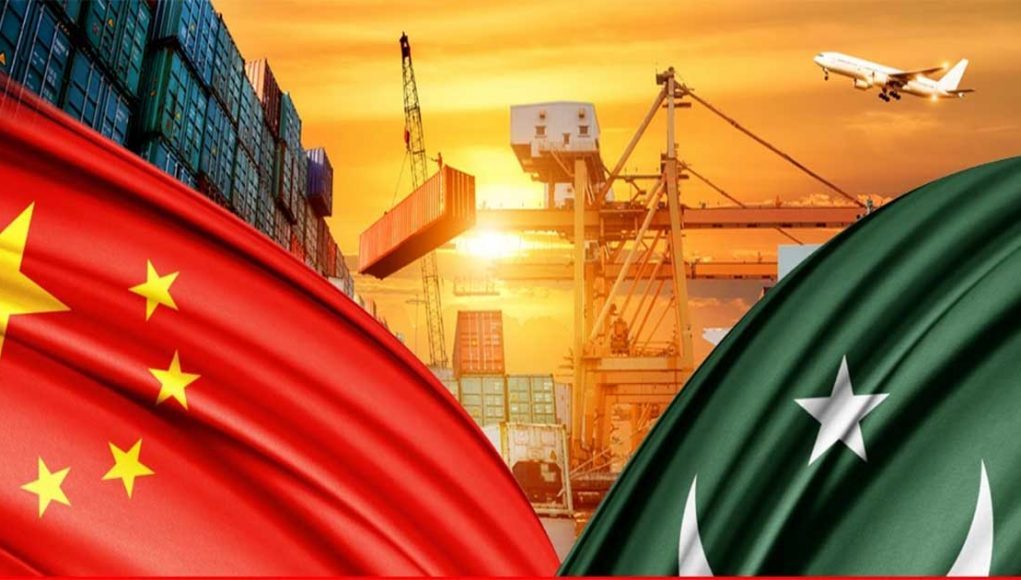ISLAMABAD: Pakistan is in the final stages of preparing the agenda for the next meeting of the China-Pakistan Economic Corridor (CPEC) Joint Cooperation Committee (JCC), scheduled to be held in Beijing on September 26.
The meeting is expected to spotlight some of the most ambitious connectivity and infrastructure projects under CPEC, underscoring China’s pivotal role as Pakistan’s chief development partner.
At the heart of the discussions will be the Karakoram Highway Phase-II realignment, the strategically vital Mainline-1 (ML-1) railway upgrade, and the Eastbay Expressway in Gwadar, all of which depend heavily on Chinese financing and technical assistance.
Officials in Islamabad expect the agenda to be finalized by next week, with Pakistan seeking fresh Chinese funding commitments for projects of national and regional significance.
Planning Minister Ahsan Iqbal has confirmed that the cost of the Karakoram Highway Phase-II has escalated due to the inclusion of a new 100-kilometre alignment, making Chinese investment even more critical.
Pakistan is also preparing to request an additional US $500 million from China for the ML-1’s Rohri-Multan section, complementing the Asian Development Bank’s US $1.2 billion pledge for the Karachi-Rohri stretch, which is essential for transporting minerals from the Reko Diq project.
Meanwhile, the Eastbay Expressway, a flagship connectivity project linking Gwadar International Airport with Reko Diq, is also being lined up for 85% Chinese financing, highlighting Beijing’s integral role in Pakistan’s long-term logistics chain.
The Beijing talks will not only cover transportation but will also widen to areas of economic growth, green development, agriculture, livestock, and regional connectivity.
Pakistan is keen to explore multilateral financing for ML-1 to reduce its financial burden, but it is clear that China’s commitment remains the bedrock of CPEC’s progress.
China is ready to go ahead with CPEC’s second phase, which aims to expand beyond infrastructure into industrial cooperation, technology transfer, and special economic zones.
Chinese firms have already expressed interest in joint ventures in waste-to-energy projects, mass transit systems, and even a proposed high-speed rail line between Lahore and Islamabad.
China continues to emphasize that security and consistent policies in Pakistan are critical for CPEC’s smooth advancement.
For China, the corridor is not merely a bilateral project but a strategic artery of the Belt and Road Initiative (BRI), a land-and-sea link that connects Xinjiang to Gwadar and onward to the Middle East and Africa.
The success of this phase will determine whether CPEC can evolve into a regional economic hub under China’s flagship global connectivity vision. –Agencies





